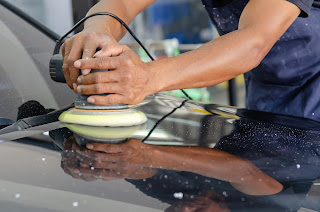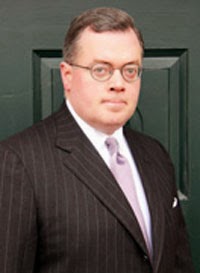In the case of Blair v. Abbvie, Inc., No. 2:23-CV-1871 (W.D. Pa. Jan. 9, 2025 Ranjan, J.), the court granted a Motion to Dismiss in a prescription medical device litigation.
In this decision, the Western Federal District Court confirmed that Pennsylvania’s across-the-board application of the Restatement §402A, comment k, as precluding strict liability design defect claims, but not strict liability manufacturing defect claims.
The court also ruled that, similarly, given that the elements of implied warranty claims are identical to strict liability claims, the Plaintiff’s implied warranty claims were dismissed.
The court also ruled in this case that the manufacturing defect claims asseted by the Plaintiff were inadequately pled because the claims did not reveal either any specific problem with the device or how the device allegedly failed. The court noted that the availability of a malfunction theory manufacturing defect claim does not exclude excuse failure to plead the circumstances of the alleged malfunction.
The court also ruled that the negligent design and warning claims were inadequately pled because the Plaintiff did not identify the design defect, anything about the manufacturing process, or what information should have been given to his medical providers.
Based on these issues, the trial court granted the Defendant’s Motion to Dismiss.
Anyone wishing to review a copy of this decision may click this LINK.
I send thanks to Attorney James M. Beck of the Philadelphia office of the Reed Smith law firm for bringing this case to my attention.


















